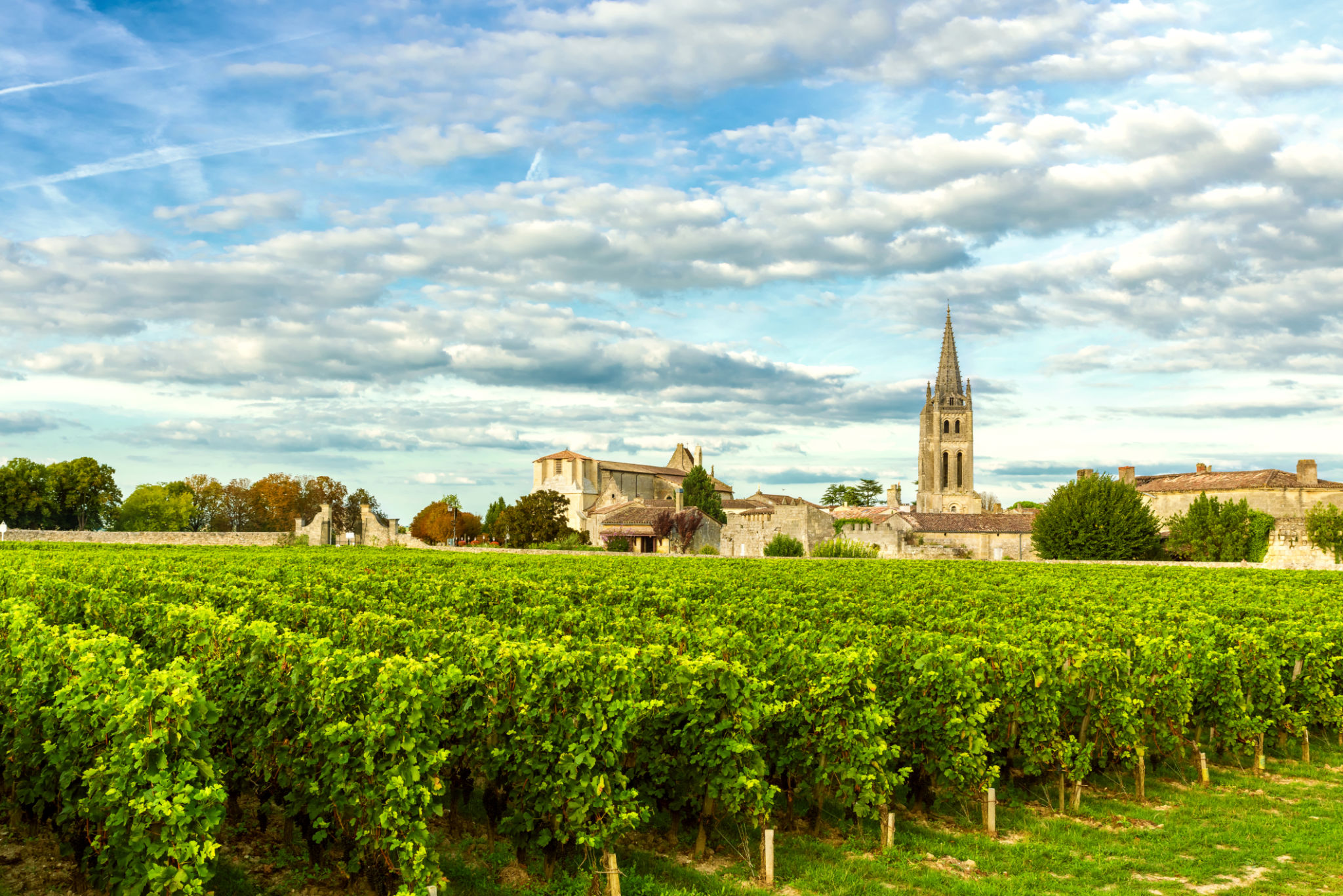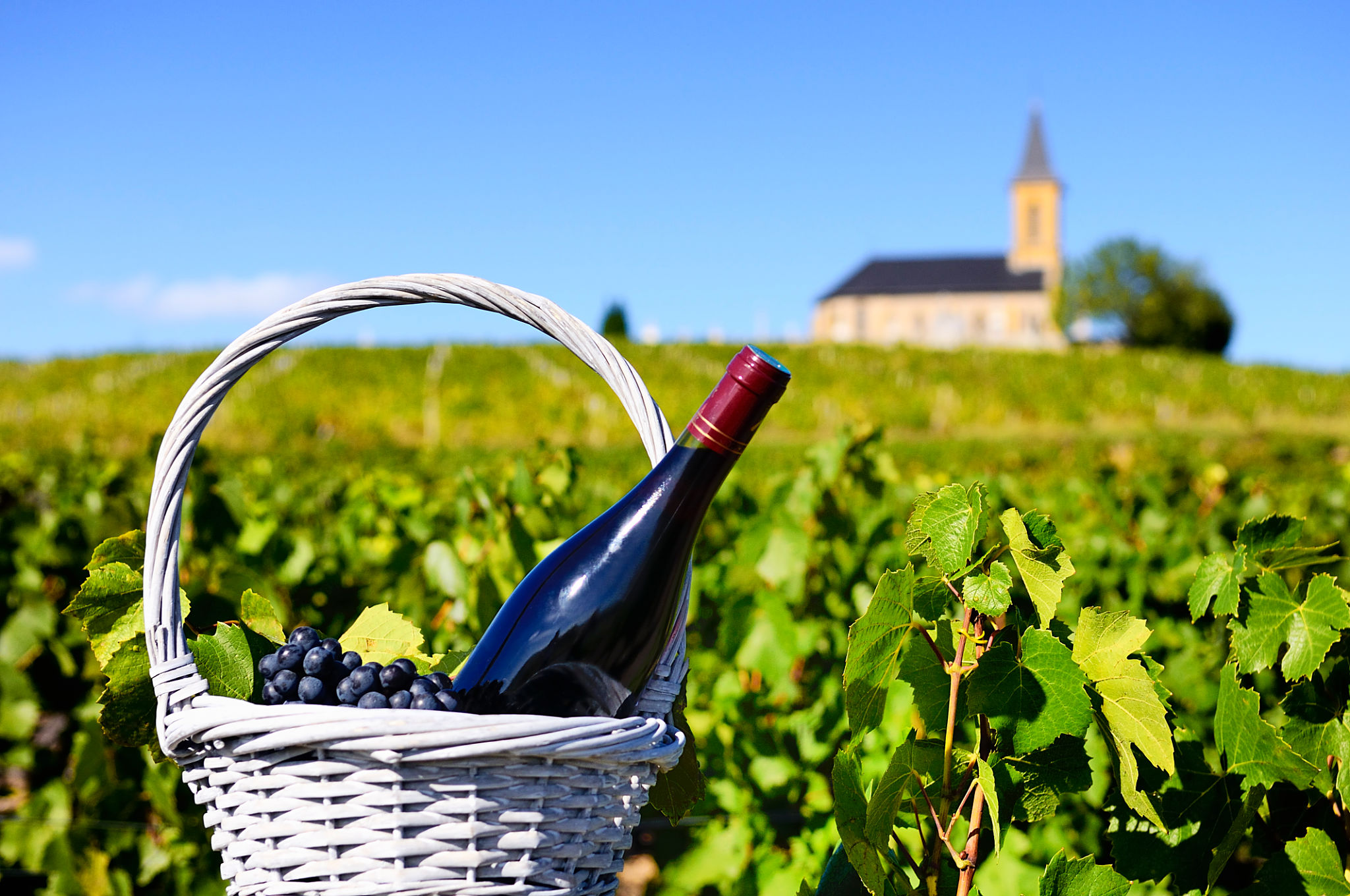Common Myths About French Wines: Unveiling the Truth
Introduction to French Wines
French wines have long been celebrated for their quality and diversity, yet they are often surrounded by numerous myths and misconceptions. These misunderstandings can sometimes deter wine enthusiasts from exploring the rich and varied offerings from France. In this post, we aim to debunk some of these myths and provide a clearer understanding of what makes French wines so special.

Myth 1: French Wines Are Always Expensive
One of the most common myths is that all French wines are expensive. While it's true that some prestigious labels can be pricey, France offers a vast selection of wines at various price points. Regions like the Loire Valley and Languedoc produce excellent wines that are both affordable and delicious. The key is to explore different regions and producers to find great wines that fit your budget.
Myth 2: Only Red Wines Come from France
While France is renowned for its red wines, such as Bordeaux and Burgundy, the country also produces an exceptional variety of white wines. Regions like Alsace, Loire, and Burgundy are famous for their white wine production, offering everything from crisp Sauvignon Blancs to aromatic Gewürztraminers. Don't overlook the sparkling wines from Champagne or the delightful rosés from Provence either.

Myth 3: French Wines Are Difficult to Understand
Another myth is that French wines are complicated due to their labeling and classification systems. While it's true that French wine labels often include terms like "AOC" (Appellation d'Origine Contrôlée), understanding these labels can enhance your wine experience. These classifications indicate the wine's origin and ensure its quality standards. With a little research, you'll find that these details can actually help you select better wines.
Myth 4: All French Wines Need to Be Aged
Many people believe that French wines must be aged for years before they can be enjoyed. While some wines do benefit from aging, there are plenty of French wines designed to be consumed young. Beaujolais Nouveau, for example, is released shortly after harvest and meant to be enjoyed immediately. It's important to know which wines improve with age and which are best consumed fresh.

Myth 5: French Wines Are Always Traditional
France is known for its traditional winemaking techniques, but innovation is not absent. Many French winemakers are embracing modern practices and experimenting with new grape varieties and sustainable methods. This blend of tradition and innovation ensures that French wines remain dynamic and exciting.
Conclusion: Embrace the Diversity of French Wines
French wines offer a rich tapestry of flavors, styles, and experiences. By debunking these myths, we hope to encourage more wine enthusiasts to explore the diverse offerings of French vineyards. Whether you're a seasoned connoisseur or a casual drinker, there's a French wine waiting to delight your palate.